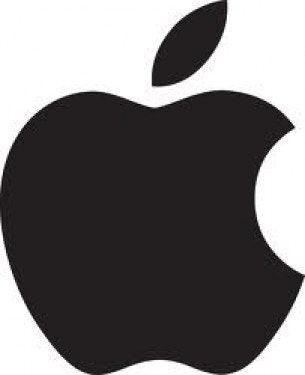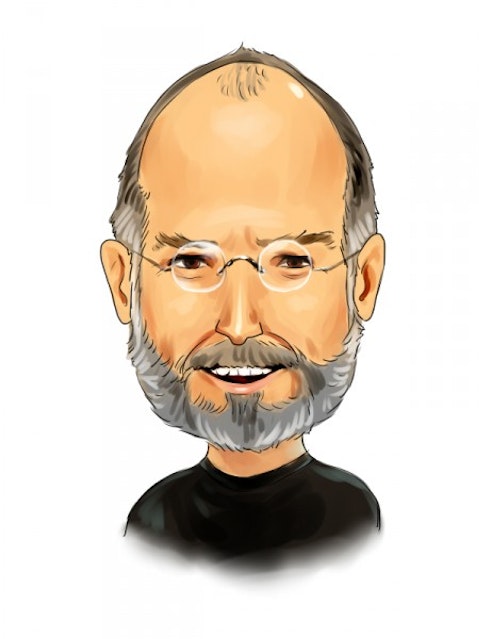Should I buy this stock?
I think it’s fair to assume that most people ask themselves some variation of that question before they make an investment.
But here’s the thing: It’s the wrong question.
What you should be asking is: Why should I buy this stock instead of an index that tracks the S&P 500 ?
While this is only a slight variation on the theme, it’s an important one.
Gravitas is overrated (and bad for your portfolio)
Before delving in any further, let’s get one thing out of the way. Many investors view buying a passively managed exchange-traded fund that tracks the broader market as a sign of capitulation — an admission, if you will, of cowardice and lack of conviction.
Meanwhile, speculation on individual securities is interpreted as gravitas. And who doesn’t want to be associated with that?
The problem is that this approach is likely to yield poor performance.
Although the data on this point is imprecise, it strongly suggests that the average investor underperforms the broader market by a long shot. According to a study by DALBAR, a market research firm that specializes in financial services, the return on the S&P 500 is nearly double that of the individual mutual fund investor over the past two decades.

A bet on the S&P, in other words, is akin to a bet on the American economy.
The investor’s rebuttable presumption
It’s for those reasons that every time you’re on the verge of buying a stock, you should always favor buying shares of, say, the SPDR S&P 500 instead.
Lawyers refer to an approach like this as a rebuttable presumption. That is, you should buy an individual stock, but only after affirmatively rebutting the presumption that it won’t beat the broader market.
If you think about it, there are basically two ways to beat the S&P 500 by purchasing an individual stock — and this is particularly true if the stock itself is a component of the index.
In the first case, you may know of an impending catalyst that will send the stock higher vis-a-vis the market. Take Apple Inc. (NASDAQ:AAPL) as an example. If you have tangible evidence that it’s on the verge of signing on agreement with China Mobile and you believe that such an occurrence isn’t already priced into the stock, then this may be an instance in which it will outperform the market.
But let’s be honest: Unless you’re trading on inside information, the likelihood of knowing something like this is slim to none. And as a result, an investment predicated on such a hunch is in realty nothing more than speculation.
The second case offers more promise. Under this scenario, you could conclude that a specific stock is trading at a large discount to its intrinsic value compared with the broader market. As the rest of the market comes to see the error of its ways, in turn, the price will recover, leading, if all goes well, to the stock’s superior performance. This is the essence of value investing.
I could go on and on about the virtues of this approach, but I’ll spare you. The one thing that should be noted, however, is that, while it’s a tried and true method among the likes of Warren Buffett, this approach doesn’t offer a free ride. And, in particular, it requires significant research and behavioral fortitude — the latter is necessary to go against the madness of the crowds.
Here’s the takeaway
I apologize for reiterating, but this point is critical: Whenever you buy a stock, the first question that should come to mind is whether it will beat the S&P 500. And in answering this question, you should focus on valuation.
If you believe that the answer is “yes,” then go for it. But if you’re not completely confident in your conclusion, then there’s no reason to roll the dice.
That’s what Vegas is for.
Dividend stocks can make you rich. It’s as simple as that. While they don’t garner the notability of high-flying growth stocks, they’re also less likely to crash and burn. And over the long term, the compounding effect of the quarterly payouts, as well as their growth, adds up faster than most investors imagine. With this in mind, our analysts sat down to identify the absolute best of the best when it comes to rock-solid dividend stocks, drawing up a list in this free report of nine that fit the bill. To discover the identities of these companies before the rest of the market catches on, you can download this valuable free report by simply clicking here now.
The article Investors Are Asking the Wrong Question originally appeared on Fool.com and is written by John Maxfield.
John Maxfield owns shares of Apple. The Motley Fool recommends and owns shares of Apple and Berkshire Hathaway. Try any of our Foolish newsletter services free for 30 days. We Fools don’t all hold the same opinions, but we all believe that considering a diverse range of insights makes us better investors. The Motley Fool has a disclosure policy.
Copyright © 1995 – 2013 The Motley Fool, LLC. All rights reserved. The Motley Fool has a disclosure policy.






